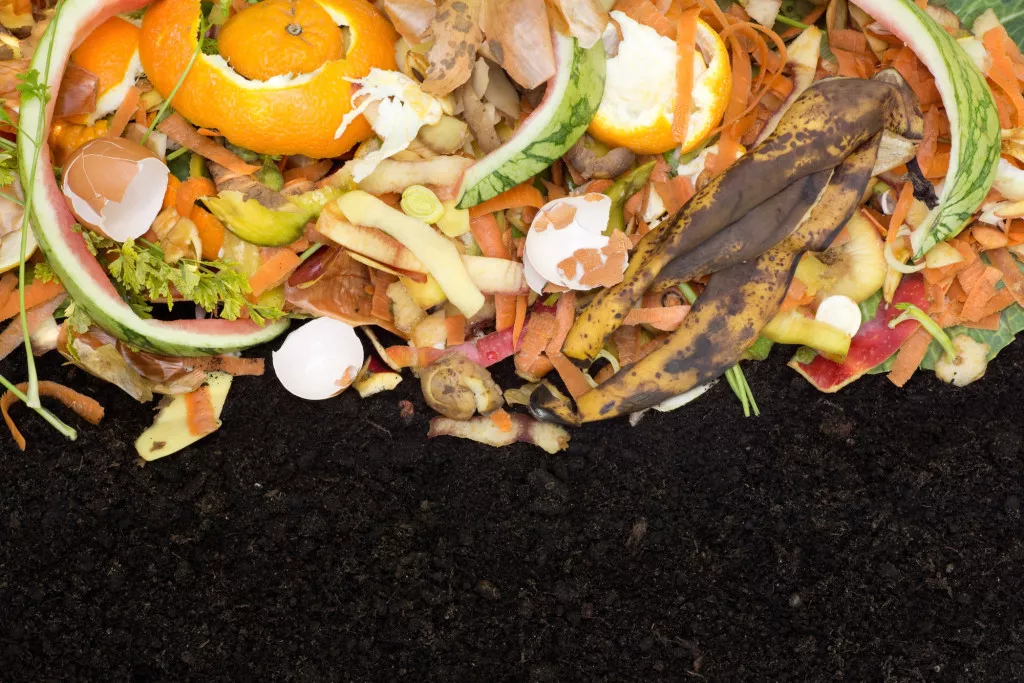Help and Advice - Making your own Compost

Help and Advice - Making your own Compost
Making your own compost is a great way of disposing of organic garden and kitchen waste, turning it into a nutrient rich fertiliser for your garden.
Getting Started: You will require a large bin or composter to make your compost in. Purpose built composter’s tend to be more popular nowadays as they have both a lid to put your organic matter in and a sliding door at the bottom to get the compost out. They also tend to keep in the heat and moisture which helps speed up the process. 200 litres is the perfect size to compost efficiently. Aim to fill your compost bin as quickly as possible as decomposition wont really start until it is full.
Making Your Compost: For quick decomposition you need the right ingredients at the right proportions. A mixture of dry, fibrous materials (shredded pruning’s, newspapers, straw) wet, green materials (grass clipping, old bedding plants, weeds) and organic kitchen waste is the perfect mixture for nutritious compost. Avoid adding sawdust as it contains toxins. Cardboard, glossy magazine pages and thick, woody materials should be avoided as they take ages to decompose.
Turning Your Compost: You can generally leave waste materials to their own devices once in a composter, however it is a good idea to turn your compost. This promotes decomposition as it stops the compost from becoming too compacted and wet. We would suggest turning your compost once a month with a garden fork to keep it aerated.
Compost started in autumn can be ready for spring planting, but most people leave their compost for anything from 6 months to 2 years for the best results. You can tell your compost is ready when it has turned a dark brown colour and is accompanied by a rich, earthy smell. If you take some between your fingers it should feel like soil and easily crumble apart.

